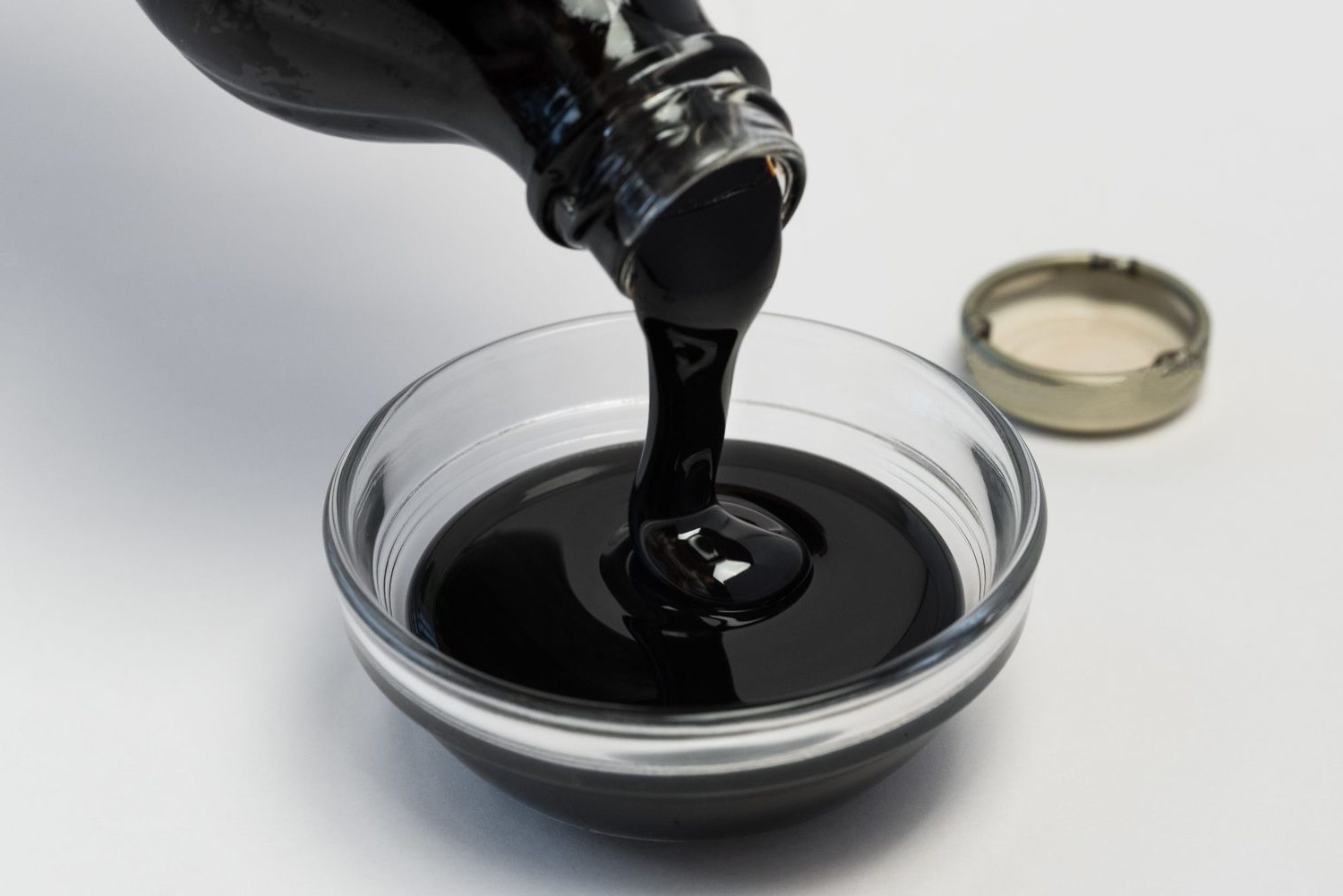
Molasses is more than just a sticky, sweet syrup. Ever wondered what makes this dark, thick liquid so special? Molasses comes from sugarcane or sugar beet juice, boiled down to create a rich, flavorful substance. It's packed with nutrients like iron, calcium, and magnesium, making it a surprising health booster. Historically, it played a crucial role in trade and even sparked the infamous Boston Molasses Disaster of 1919. From baking gingerbread to making rum, molasses has a versatile presence in kitchens and industries. Ready to dive into 31 intriguing facts about this fascinating syrup? Let's get started!
What is Molasses?
Molasses is a thick, dark syrup made during the sugar-making process. It's a byproduct of refining sugarcane or sugar beets into sugar. This sticky substance has a rich history and many uses.
- Molasses is produced by boiling sugarcane or sugar beet juice until most of the sugar crystallizes.
- The word "molasses" comes from the Portuguese word "melaco," which means honey.
- Blackstrap molasses is the darkest and most concentrated type, produced after the third boiling of the sugar syrup.
- Molasses was a popular sweetener in the United States before refined sugar became widely available.
- It contains significant amounts of vitamins and minerals, including iron, calcium, magnesium, and potassium.
Historical Significance of Molasses
Molasses has played a crucial role in history, especially in trade and cuisine. Its importance spans continents and centuries.
- In the 18th century, molasses was a key ingredient in the production of rum, especially in the Caribbean.
- The Molasses Act of 1733 was a British law that imposed a tax on molasses imported into the American colonies from non-British territories.
- Molasses was a staple in colonial American cooking, used in everything from baked beans to gingerbread.
- During the American Civil War, molasses was used as a sweetener when sugar was scarce.
- The Great Molasses Flood of 1919 in Boston saw a storage tank burst, releasing a wave of molasses that killed 21 people and injured 150.
Nutritional Benefits of Molasses
Molasses isn't just a sweet treat; it also offers several health benefits due to its nutrient content.
- One tablespoon of blackstrap molasses provides about 20% of the daily recommended intake of iron.
- It is a good source of calcium, which is essential for bone health.
- Molasses contains antioxidants that help combat oxidative stress in the body.
- The magnesium in molasses can help regulate blood pressure and support muscle and nerve function.
- It has a low glycemic index compared to refined sugar, making it a better option for people with diabetes.
Uses of Molasses in Cooking
Molasses adds a unique flavor and color to various dishes. Its versatility makes it a favorite ingredient in many recipes.
- It is a key ingredient in traditional gingerbread cookies, giving them their distinctive taste and color.
- Molasses is often used in marinades and glazes for meats, adding a rich, sweet flavor.
- It can be used as a sweetener in baked goods like cakes, muffins, and bread.
- Molasses is a common ingredient in barbecue sauces, providing a deep, smoky sweetness.
- In some cultures, molasses is drizzled over pancakes or waffles as an alternative to syrup.
Industrial Uses of Molasses
Beyond the kitchen, molasses has several industrial applications. Its properties make it useful in various fields.
- Molasses is used in the production of ethanol, which can be used as a biofuel.
- It serves as a feedstock for livestock, providing essential nutrients to animals.
- In gardening, molasses can be used as a soil amendment to promote microbial activity.
- It is an ingredient in some fertilizers, helping to improve soil health and plant growth.
- Molasses is used in the production of yeast, which is essential for baking and brewing.
Fun Facts About Molasses
Molasses has some quirky and interesting aspects that make it a fascinating subject.
- The phrase "slow as molasses in January" originated from the slow-moving nature of molasses in cold weather.
- Molasses can be used to make homemade brown sugar by mixing it with white sugar.
- It is sometimes used in the production of certain types of beer, adding a unique flavor profile.
- Molasses can be fermented to produce alcoholic beverages like rum and certain types of beer.
- Some people use molasses as a natural remedy for constipation due to its high magnesium content.
- The viscosity of molasses makes it useful in certain scientific experiments, such as studying fluid dynamics.
Molasses: More Than Just a Sweetener
Molasses isn't just a sweet syrup; it's packed with history, nutrients, and versatility. From its origins in ancient sugarcane fields to its role in the American Revolution, molasses has been a staple in kitchens and industries alike. Rich in iron, calcium, and magnesium, it offers health benefits that go beyond its sweet taste. Whether you're baking gingerbread cookies, brewing rum, or using it as a natural remedy, molasses proves its worth time and again.
Understanding these 31 facts about molasses gives you a deeper appreciation for this humble syrup. Next time you drizzle it on pancakes or mix it into a marinade, you'll know there's more to molasses than meets the eye. So, keep exploring and experimenting with molasses in your culinary adventures. It's a sweet journey worth taking!
Was this page helpful?
Our commitment to delivering trustworthy and engaging content is at the heart of what we do. Each fact on our site is contributed by real users like you, bringing a wealth of diverse insights and information. To ensure the highest standards of accuracy and reliability, our dedicated editors meticulously review each submission. This process guarantees that the facts we share are not only fascinating but also credible. Trust in our commitment to quality and authenticity as you explore and learn with us.
